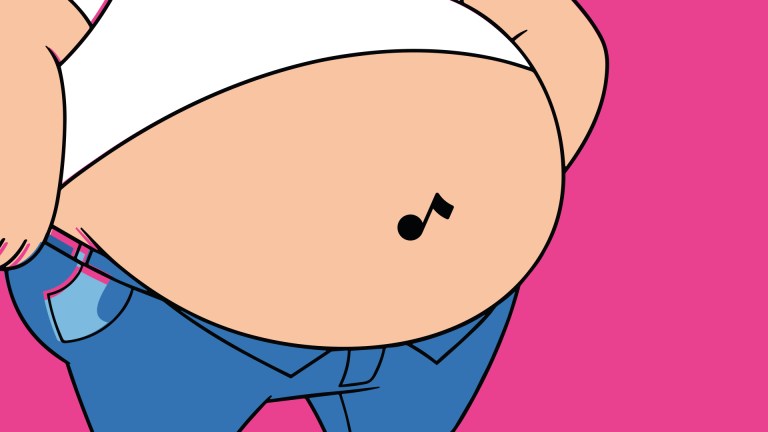What are my preoccupations at 16? Trying to have sex, obviously. And listening to lots of Bessie Smith, Billie Holiday and Art Blakey. My friends and I used to sit up all night listening to jazz, then drag ourselves to school the next day.
My mother was a primary school teacher but school didn’t work well for me. I was never very academic and I was naturally very anti-authority. The usual way to teach children is to say, okay we’re going to study the history of the civil war and you have to learn these names and dates and then we’ll test you on it. It bores children silly. We have to give children the power that comes from self-belief. We have to encourage them to think for themselves, not tell them how to think. So kids get the idea that life after school is about confronting problems and making decisions. Our brains can be trained, they’re just machines. I have no idea if I’d have been more academically inclined if I’d been taught differently. I could probably have been encouraged to pursue the natural sciences, that’s what I was interested in.
I think I was quite a bossy kid. Because I was frightened, and fear usually manifests itself by being aggressive. I don’t think I was a bully but bullies are people who feel bad about themselves and are insecure. When I was a kid I was afraid of death – not unnaturally, I don’t think – my father had been killed in the war when I was five months old. And I was frightened that we’d all be incinerated in a nuclear war. Quite rightly. That was a rational fear. It’s faintly extraordinary it never happened. When I got older I marched for nuclear disarmament. Let’s hope our friend Mr Corbyn can get rid of the independent nuclear deterrent that is still in the Firth of Forth or wherever it is.
I was frightened that we’d all be incinerated in a nuclear war. Quite rightly
I wasn’t creative as a kid. I played cricket and football. But I lived round the corner from Syd [Barrett, Pink Floyd’s original frontman/lyricist], and we went to the same school, though he was two years younger than me. We always had the plan that we were going to move to London together and go to college and we’d start a band. So after I went to architectural college in London I bought a guitar. I had a bit of a band together by the time Syd came up and he joined us and that was the beginning of Pink Floyd.
I didn’t start writing until Syd went crazy and couldn’t write any more. Who knows what might have happened if he’d been able to carry on. At first there wasn’t anything different about what we were doing – we were a blues band, we couldn’t even play many pop songs. Gradually Syd started writing and we became a bit experimental. But I don’t think I learned anything from Syd’s method of writing songs because it was very idiosyncratic. And not really where I was coming from at all. But I loved his songs, I loved his work. I mean, Dave [Gilmour] and I sort of co-produced his first album… Was it called The Madcap Laughs? I think it was. It was a huge tragedy that he succumbed to the illness and stopped writing.
What happened to Syd did have a big impact on me. If something happens to someone you love, and are very close to, as happened to Syd, it drives home to you that there but for the grace of God go I. You never know what’s round the corner. Life is very short. It focuses your attention on making the most of the very short time you have.









